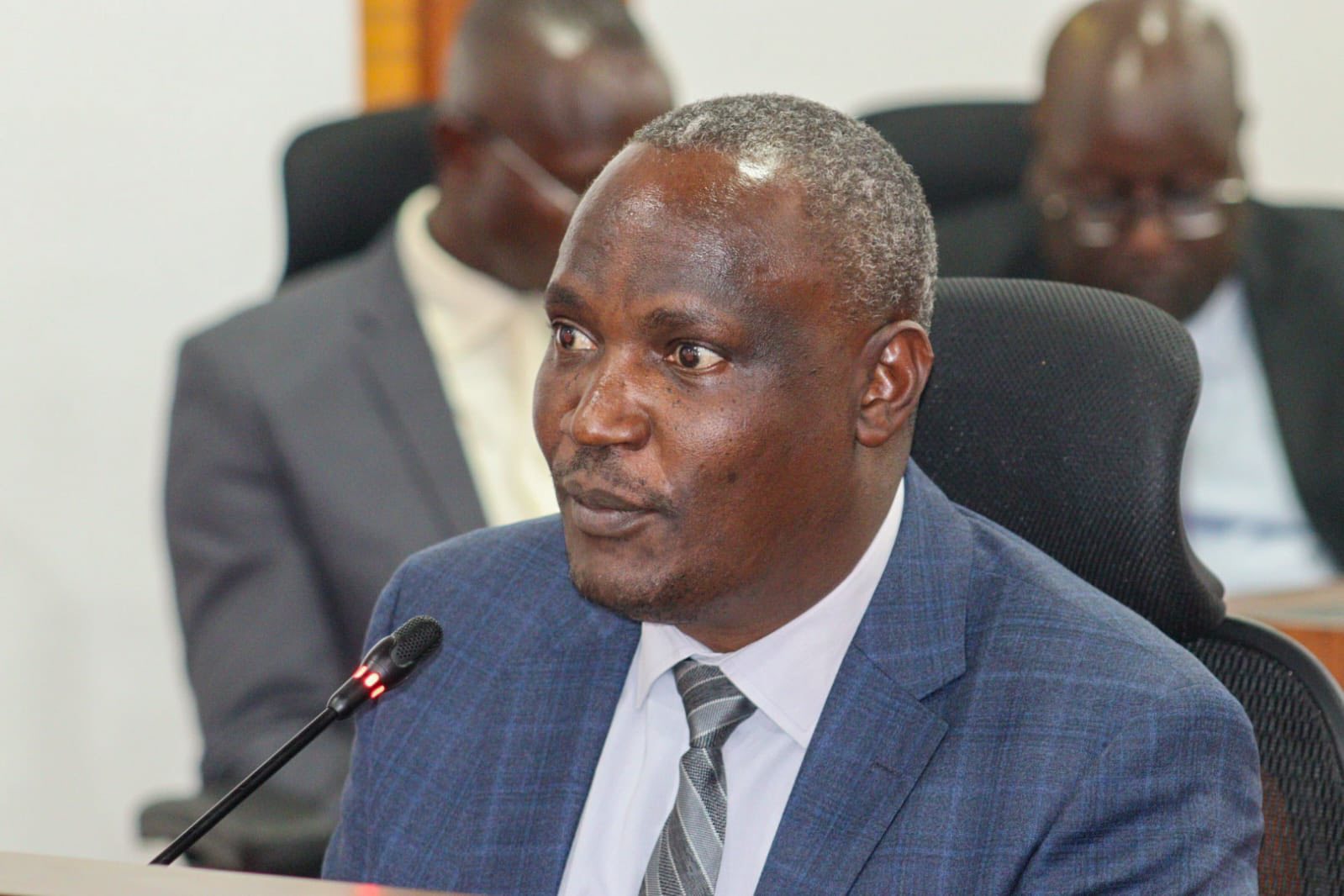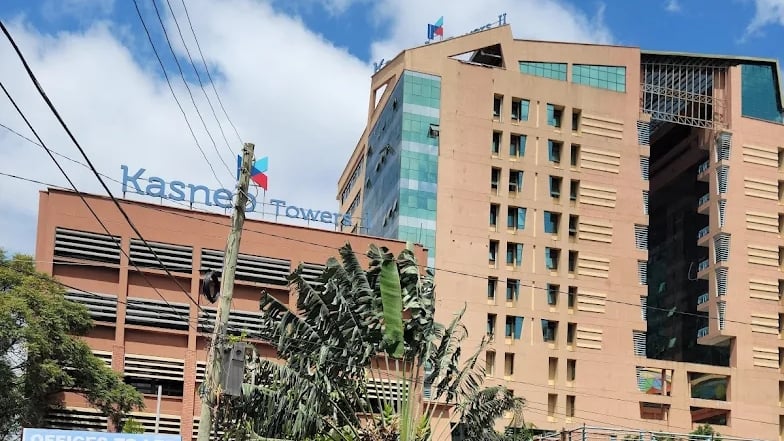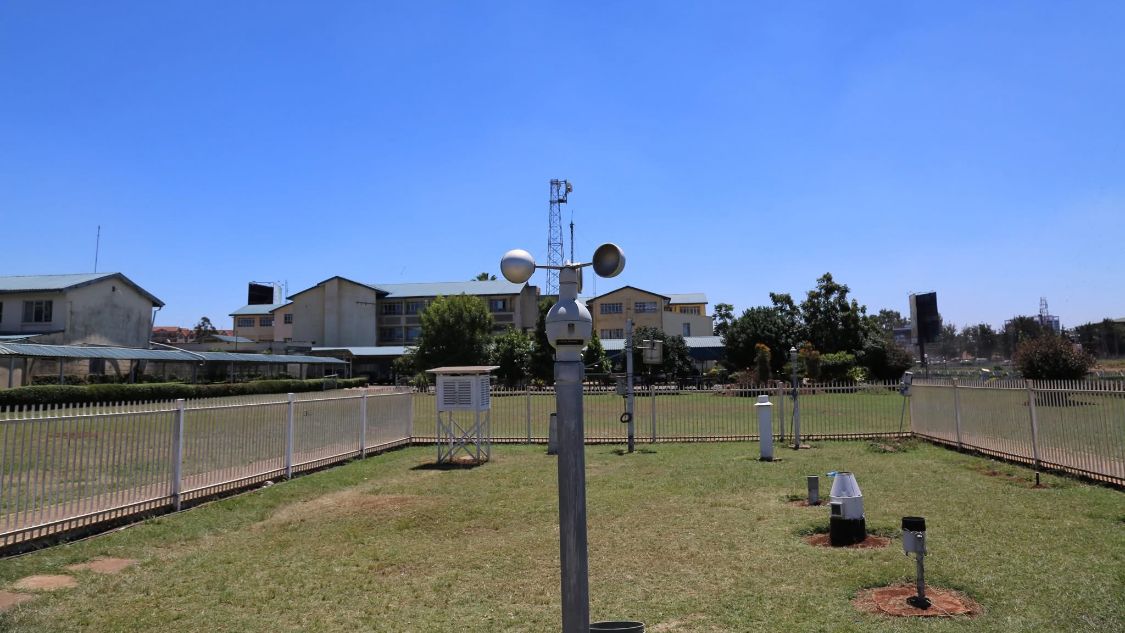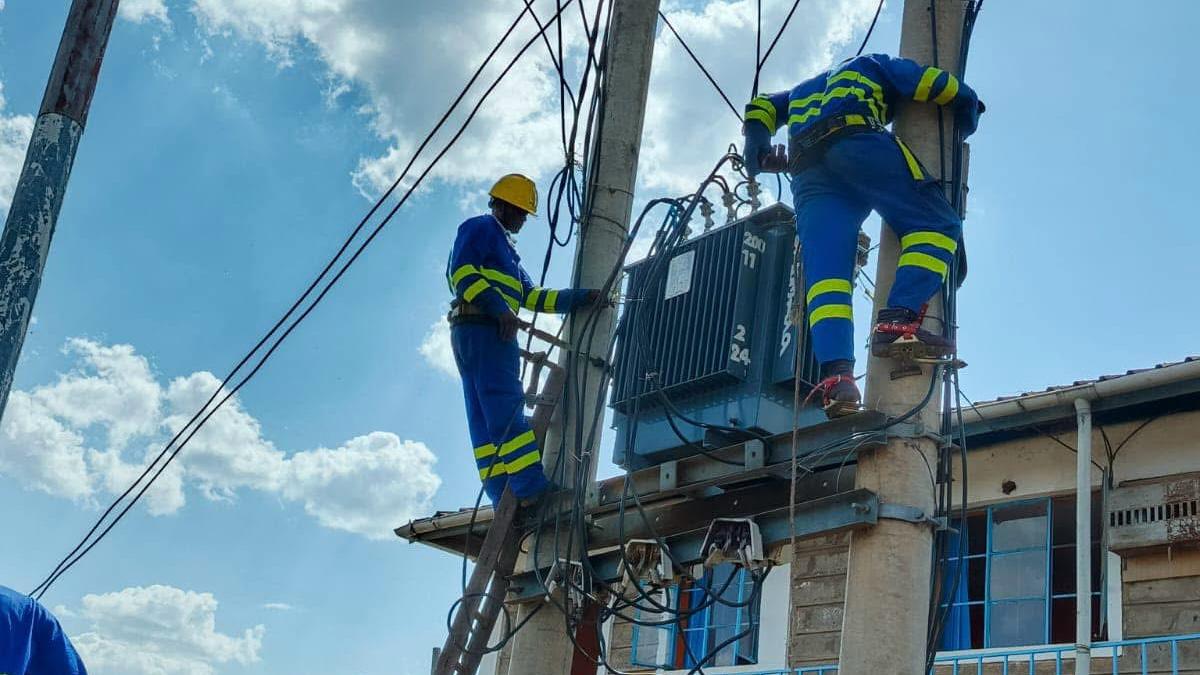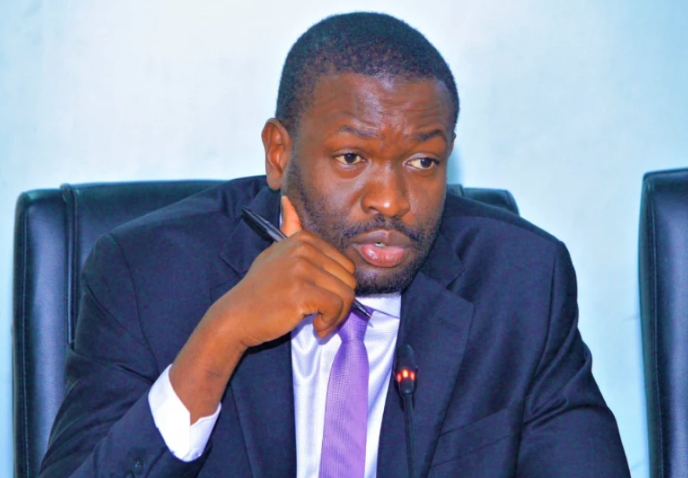Treasury Cabinet Secretary John Mbadi has refuted claims that the World Bank is behind the government’s push to roll out the Electronic Government Procurement System (E-GPS).
Appearing before the Select Committee on Implementation of the e-procurement system on Thursday, September 18, Mbadi said the push to implement the system started in 2018.
The Treasury CS noted that the e-procurement system is jointly run by a Kenyan and an Indian firm and was procured in April 2022 for Ksh387 million.
Members of the Select Committee on Implementation are advocating for a phased rollout of the Electronic Government Procurement System (E-GPS) by the National Treasury to prevent a potential crisis.
The committee members expressed concern, stating that the implementation of the system was being rushed.
Read More
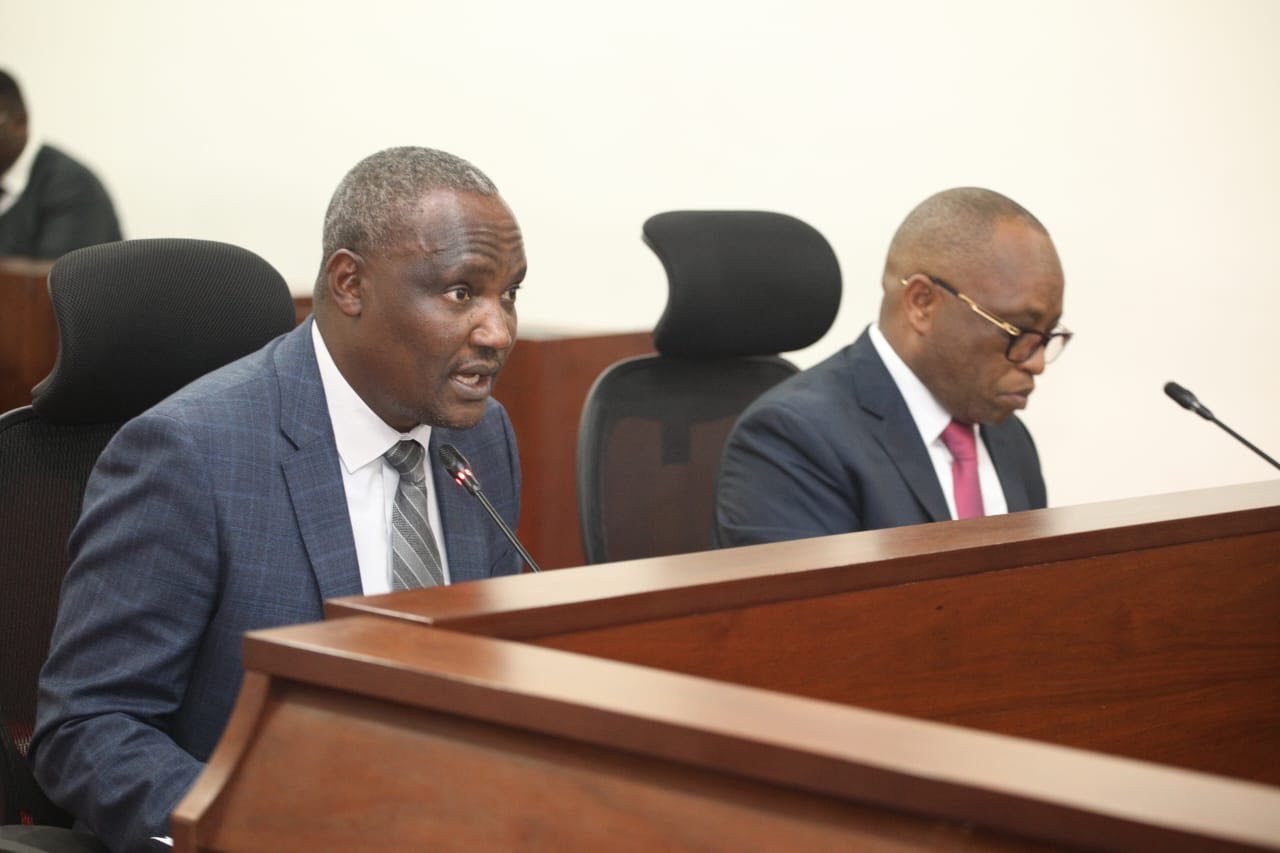
The lawmakers insisted that the government should allow both manual and electronic procurement systems to operate concurrently while the Treasury builds user capacity nationwide.
Raphael Wanjala questioned Mbadi why the National Treasury had not introduced new regulations to address the challenges in rolling out the system.
“Why can’t the National Treasury introduce new regulations or seek to amend the existing procurement law to properly anchor the system in law ?” Wanjala asked.
Embakasi West MP Mark Mwenje also questioned why the government was insisting on the singular use of the E-GPS when the law provides for both manual and electronic procurement.
“CS Mbadi, why is the National Treasury insisting that all procurement processes must strictly be carried out through this system while the law provides for both a manual and an electronic system?” he questioned.
CS Mbadi defended the rollout of the e-procurement system, saying it is an effective tool against corruption.
Mbadi acknowledged that the law allows both systems but emphasized that the government has chosen to roll out the E-GPS to curb wastage and corruption.
“We have not invented a new law. We are implementing the available law. When the law gives you either/or, you choose the best. The manual procurement system is archaic, outdated, and promotes wastage,” he noted.
The Treasury CS also told the committee that the government is determined to phase out manual procurement due to its susceptibility to abuse and manipulation.
“The government is very clear that a manual system is prone to abuse and manipulation. The pushback we are witnessing on this matter is an attempt by those who do not want transparency and manipulation,” Mbadi asserted.
Kiminini MP, Kakai Bisau, asked CS Mbadi to explain if procurement officers across the country had been trained sufficiently.
However, CS Mbadi explained that over 14,000 officers had been trained, while 1,379 procuring entities, along with 10,000 suppliers, had already been registered through the system.
On September 8, the High Court issued temporary orders halting the government’s directive requiring all public entities to use the e-procurement system in tendering processes exclusively.
"A conservatory order be and is hereby issued staying the decision of the Cabinet Secretary, National Treasury & Economic Planning, and the Public Procurement Regulatory Authority's Circular No. E04/2025, which required the mandatory use of the Electronic Government Procurement System [e-GPS] by all Public Procurement Entities," Justice Bahati Mwamuye directed.
The High Court Judge also directed that procurement processes remain open to both electronic and manual submissions.
Mwamuye further directed that both modes of submission be treated equally, provided they meet the criteria set out in the Public Procurement and Disposal Act.
The temporary suspension of the e-procurement system will remain in force until Wednesday, October 15, 2025.
